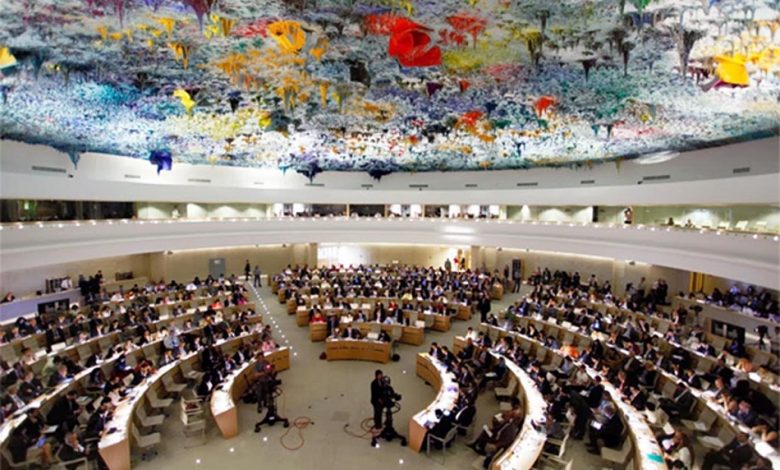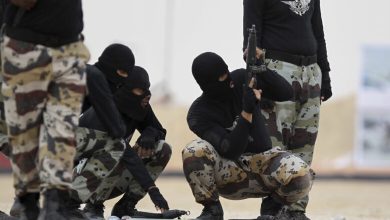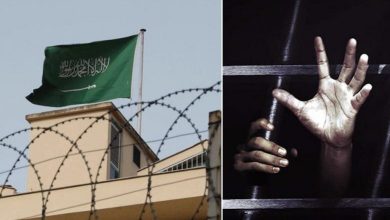Saudi human rights violations top HRC 47th session agenda

Violations of the Saudi regime topped the agenda of the Human Rights Council opened its 47th session in Geneva.
During its session, the Council will review reports on a wide range of human rights issues and participate in more than 30 interactive dialogues with human rights experts and organizations.
Members will hear about 70 reports on a wide range of issues, including the coronavirus pandemic.
The Council will hold its annual full-day discussion on women’s rights and a panel discussion every four years on the promotion of human rights.
The United Nations High Commissioner for Human Rights, Michelle Bachelet, will present her annual report on the activities of her office and the report on the situation of human rights in the world.
Bachelet indicated that Saudi Arabia was among the countries that had raised concerns about the escalation of violations in it during the last session of the Council.
Bachelet had confirmed that Saudi Arabia still practices arbitrary detention and does not protect freedom of opinion and expression.
On the 15th anniversary of the founding of the Human Rights Council, it regretted that it comes in light of severe setbacks for human rights in light of the erosion of the democratic and civil space.
Saudi Arabia faced a series of criticisms during the previous sessions of the Council, and it also reiterated its promises to implement the commitments in the human rights files.
Last week, the Saudi authorities executed minor Mustafa Al-Dorish, in violation of its promises before the Human Rights Council regarding the execution of minors.
In addition to the execution file, violations continued in many human rights files, including the continuation of arbitrary arrests, torture, and the prosecution of activists and defenders, without any prospect of fundamental reforms.
In October 2020, the United Nations General Assembly elected China and Russia to membership in the Human Rights Council of the international organization, while Saudi Arabia failed in its attempt to win a seat on the Geneva-based Council.
Brendan Varma, director of media and spokesperson for the United Nations General Assembly, announced that the final vote counting results for the Asia-Pacific seats showed Pakistan, Uzbekistan, Nepal and China topping the list.
Candidates are elected by secret ballot in geographic groups to ensure equitable representation. The Asia-Pacific group, which included Saudi Arabia, was the only one that witnessed a competition on Tuesday between five candidates for four seats.
The new members began their term of office on January 1, 2021.
Saudi Arabia received 152 votes when it was last elected in 2016 to the Council from 2017 to 2019, but only 90 countries voted for Riyadh, down 40 per cent.
Riyadh was criticized because of its human rights record, which prompted European organizations to launch a campaign to prevent the kingdom from taking a seat on the UN council.





